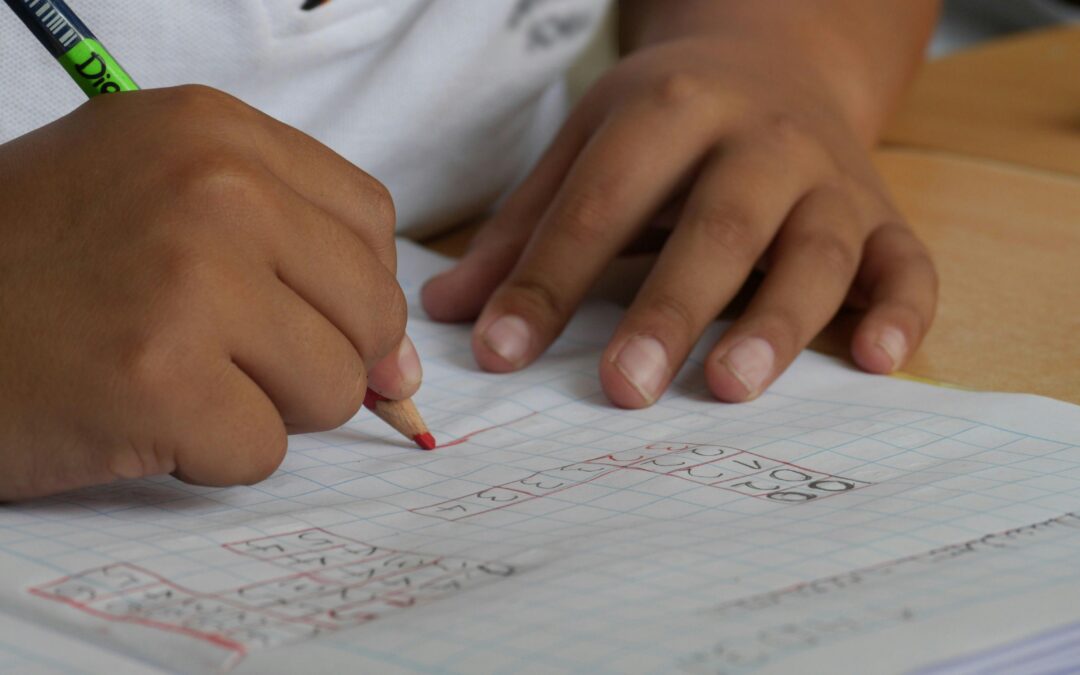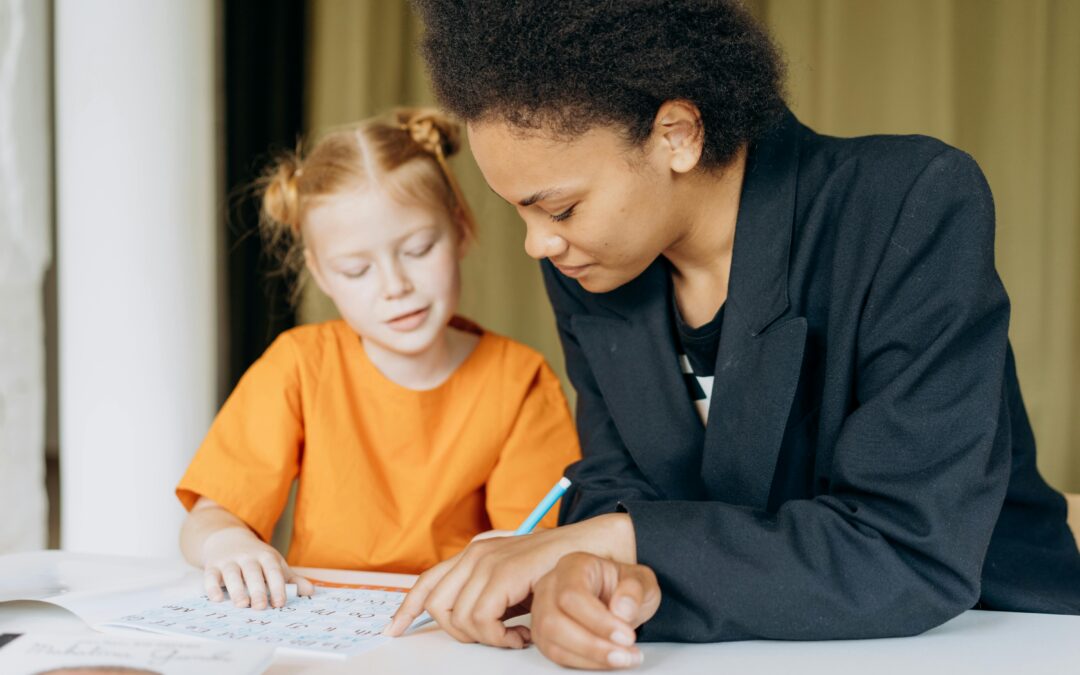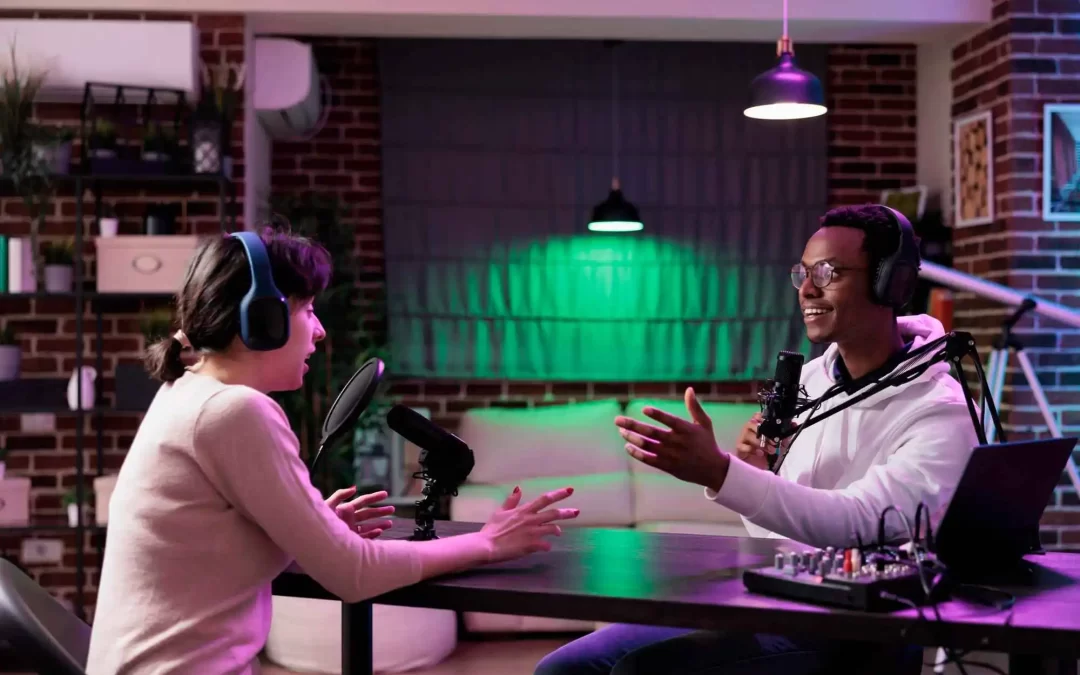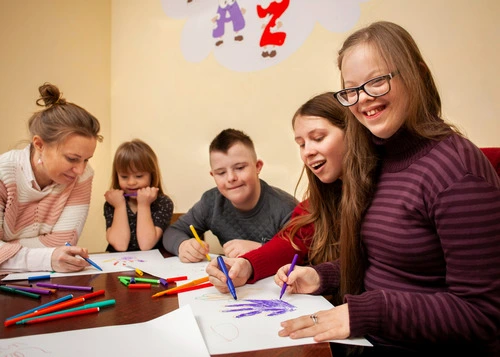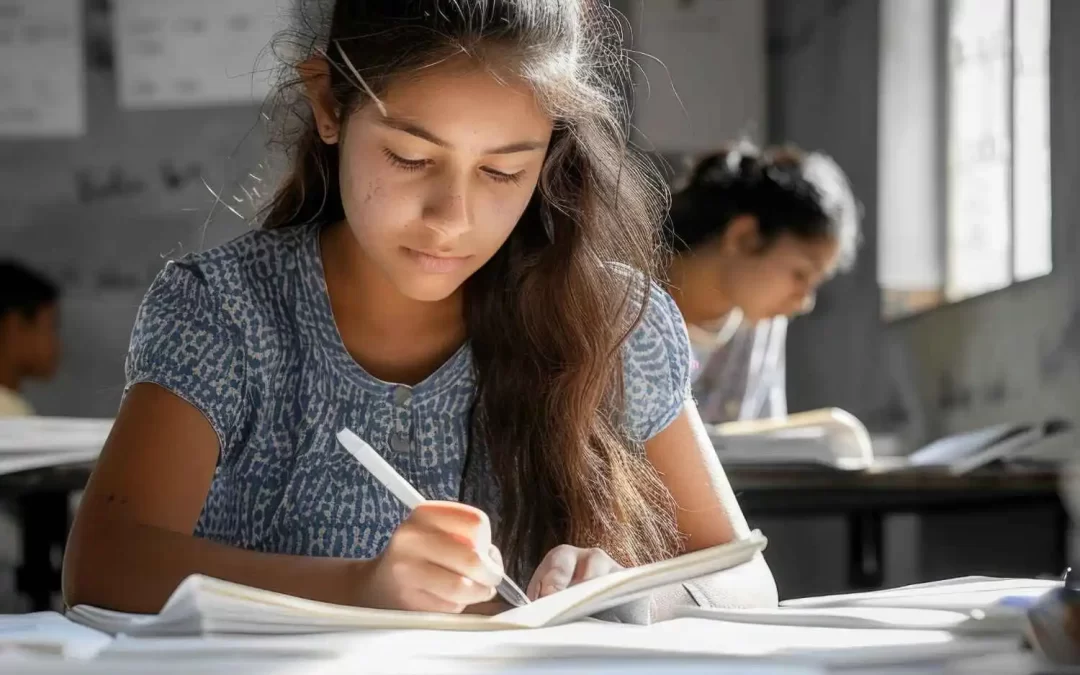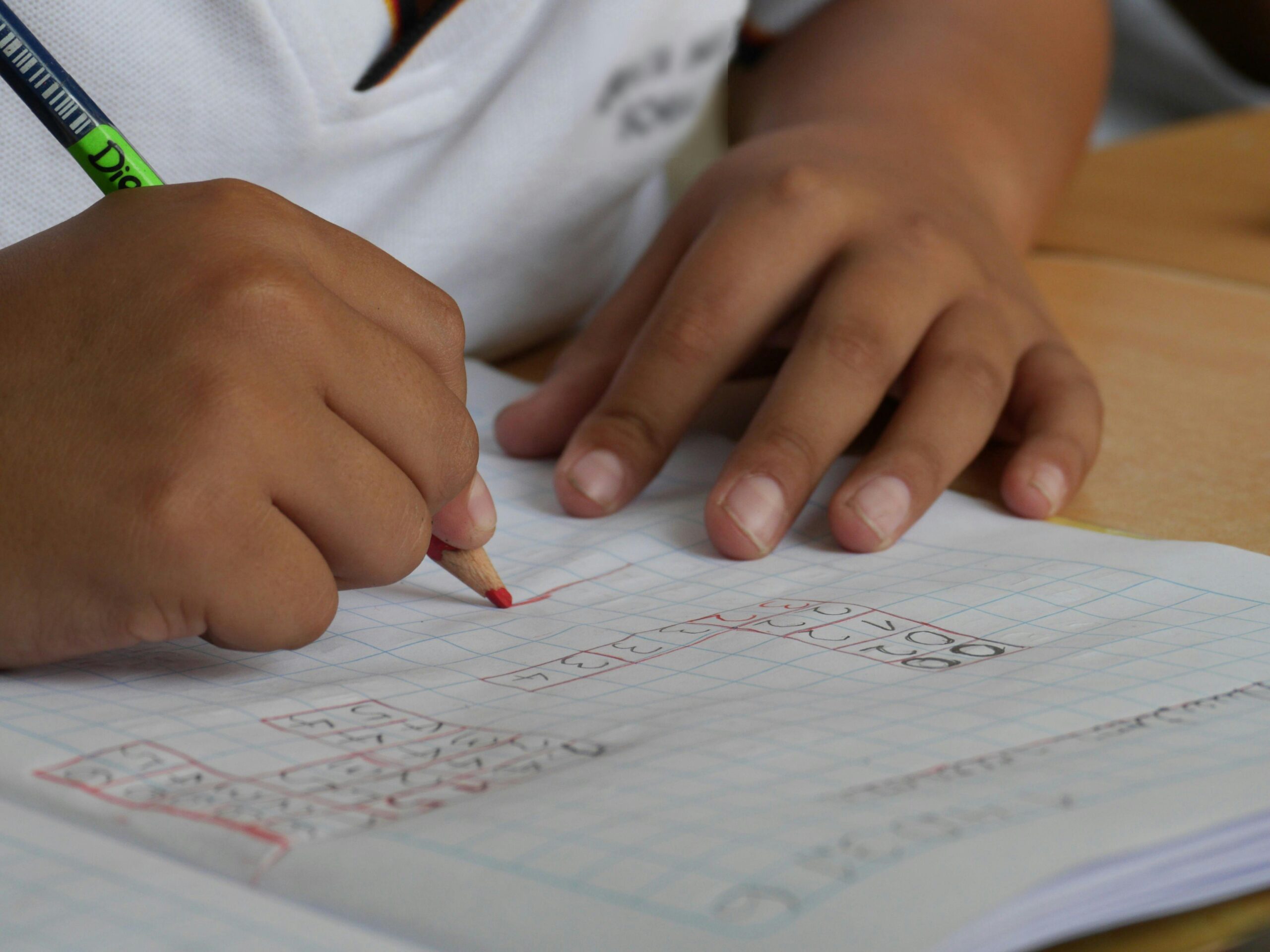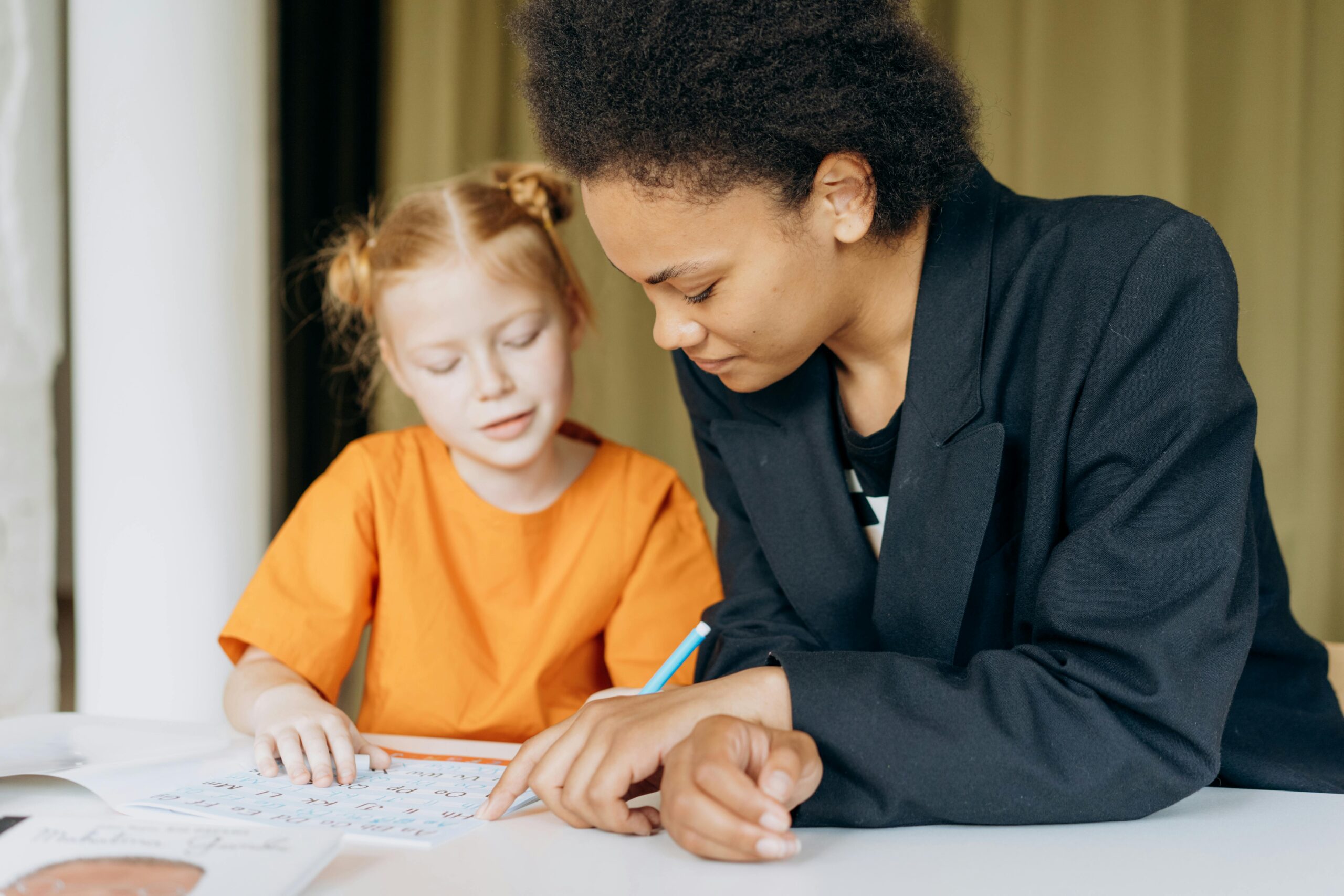Applied Behavior Analysis (ABA) therapy is widely recognized as a highly effective intervention for children with autism spectrum disorder and related conditions. With the expansion of health insurance coverage for ABA services in recent years, this once financially out-of-reach therapy has become accessible to many more families. However, despite this positive development, many parents are facing a significant challenge: resistance from schools when attempting to incorporate private ABA therapists into their child’s educational environment. While parents understandably want therapy to take place where many challenging behaviors occur—the classroom—school administrators often push back against this seemingly logical arrangement.
Florida took a step forward by enacting Statute 1003.572 on the “Collaboration of public and private instructional personnel,” but the implementation has fallen short of what many parents and advocates had hoped for. This disconnect between legislative intent and practical application has created frustration for families seeking comprehensive support for their children with special needs.
Understanding ABA Therapy in Educational Settings
ABA therapy is a structured approach that uses positive reinforcement and other behavioral principles to teach new skills and reduce challenging behaviors. For many children with autism, an effective ABA program requires between 10 and 40 hours of therapy weekly, depending on the individual’s needs. This substantial time commitment often creates logistical challenges for families who are already juggling work, other children, and various appointments.
The classroom environment presents unique challenges that may not be replicated in a clinical setting. A child might struggle with transitions between activities, group instruction, or sensory overload that occurs specifically in the classroom context. For this reason, providing ABA therapy within the actual educational setting where behaviors occur makes logical sense from a treatment perspective.
When therapy is conducted solely in clinical settings after school hours, the generalization of skills to the school environment becomes more difficult. Children might master a behavior or skill in the therapy center but struggle to apply it in the classroom where different cues, distractions, and expectations exist. Additionally, after-school therapy sessions often occur when children are already tired from a full day of school, potentially reducing the effectiveness of these interventions.
Integrating ABA services into the school day would not only address these clinical concerns but would also relieve some pressure on families’ packed after-school schedules, allowing children more time for other important activities and family interactions.
Florida Statute 1003.572 – What a Florida Special Education Attorney Can Tell You
On its surface, Florida Statute 1003.572 appears to provide a clear pathway for private therapists to work within public schools. The statute states that private personnel “must be permitted to observe the student in the educational setting, collaborate with instructional personnel in the educational setting, and provide services in the educational setting” subject to certain conditions.
However, as any Florida special education attorney can explain, the devil is in the details. The statute includes a critical condition: “The student’s public instructional personnel and principal consent to time and place.” This single clause effectively gives school administrators veto power over meaningful collaboration, undermining the apparent mandate that private therapists “must be permitted” to provide services.
The statute also leaves several key terms undefined. What constitutes “collaboration”? What are reasonable limitations on “time and place”? Without clarity on these terms, implementation has been inconsistent across districts and even between schools within the same district.
In comparison, some other states have developed more specific protocols for private therapist involvement in schools. For instance, some states specify minimum observation hours allowed, establish clear procedures for coordination between private and school personnel, or provide dispute resolution mechanisms when disagreements arise.
The statute also specifies that collaboration “shall be designed to enhance but not supplant the school district’s responsibilities under the IDEA.” This distinction between “enhancing” and “supplanting” has become another point of contention, with schools sometimes using this language to severely restrict private therapy in classrooms.
The Reality of Implementation
In practice, many schools in Florida have imposed significant restrictions on private ABA therapists. These limitations often include:
- Allowing only a few observations per semester, sometimes as few as one or two
- Restricting therapy to non-classroom settings like the library or cafeteria
- Permitting services only before school, after school, or during lunch periods
- Prohibiting direct intervention, allowing only observation and consultation
- A lack of collaboration between school and district staff
- A lack of funding for public and private instructional personnel
For speech therapy, occupational therapy, or physical therapy, working in pull-out settings might be appropriate and effective. These therapies often focus on specific skills that can be practiced in various environments. However, ABA therapy—particularly when addressing behavioral challenges—is fundamentally different.
Behavioral interventions are most effective when implemented in the actual setting where the behaviors occur. If a child is experiencing meltdowns during math class transitions, practicing transition strategies in the library after school will have limited effectiveness. The therapist needs to observe the actual triggers, implement interventions in real-time, and adjust strategies based on real-world outcomes.
Parents find themselves in a frustrating position when their children are receiving numerous behavioral referrals or even suspensions, yet the school refuses to allow the “free” expert help that is available through private insurance.
When to Consult a Florida Special Education Lawyer About ABA Services
Schools often justify restrictions on private therapists by citing their obligation to provide a Free Appropriate Public Education (FAPE) as required by the Individuals with Disabilities Education Act (IDEA). The argument, as explained by school board attorneys, is that allowing significant private intervention might suggest the school is not fulfilling its legal responsibility to provide appropriate services.
A Florida special education lawyer can help parents navigate this complex terrain, particularly when:
- Schools categorically deny access to private therapists without individualized consideration
- The school is not effectively addressing significant behavioral challenges that impact learning
- There are inconsistencies in how the district applies the collaboration statute
- The child’s IEP or 504 plan includes behavioral goals that are not being met
Families should maintain detailed documentation of behavioral incidents at school, communications with school staff about behavior therapy requests, and comparisons of the child’s behavior at school versus in settings where ABA therapy is implemented consistently. This documentation can be crucial if legal advocacy becomes necessary.
An experienced attorney can help determine whether the school’s position might violate not only the collaboration statute but potentially other legal obligations under the IDEA, Section 504, or the Americans with Disabilities Act.
Redefining “Collaboration” in Practice
The term “collaboration” suggests a partnership working toward common goals, but the current implementation often falls far short of this ideal. True collaboration between school personnel and private therapists would involve:
- Joint problem-solving around specific behavioral challenges
- Shared development of behavior intervention plans
- Consistent implementation of strategies across settings
- Regular communication about progress and needed adjustments
- Mutual respect for each professional’s expertise and role
Instead, what often occurs is a limited exchange of information rather than true teamwork. Private therapists may be permitted to observe and make suggestions, but their direct involvement with the student in the classroom is limited or prohibited entirely.
The false dichotomy between “enhancing” and “supplanting” school services needs to be challenged. Having a private ABA therapist work alongside school behavioral staff doesn’t mean the school isn’t providing FAPE—it means the child is receiving the benefit of coordinated support from both sources. The school’s behavior specialist can still be implementing the behavior intervention plan and data collection required by the IEP, while the private therapist provides additional support that makes those school-based interventions more effective.
Some schools have developed models that successfully integrate private therapists. These typically involve scheduled collaboration times, clear agreements about roles and responsibilities, joint training opportunities, and regular evaluation of the effectiveness of the collaboration.
Conclusion and Call to Action
The barriers to effective collaboration between private ABA therapists and Florida public schools create unnecessary challenges for children and families. While Florida has taken a step in the right direction with Statute 1003.572, significant revisions are needed to fulfill the apparent legislative intent of fostering meaningful collaboration.
Parents can advocate for their children by:
- Documenting behavioral challenges at school and how they impact learning
- Clearly communicating with school administration about the specific benefits of in-classroom ABA support
- Requesting that collaboration with private therapists be included in the IEP
- Connecting with parent advocacy groups to push for legislative updates
In the meantime, parents, schools, and therapy providers should focus on their shared goal: helping children with autism and related conditions succeed in the least restrictive environment. True collaboration benefits everyone—most importantly, the children we all aim to support.
While navigating these challenges, remember that special education attorneys specializing in Florida law can provide valuable guidance on your specific situation and help advocate for appropriate accommodations for your child’s unique needs. You can book a free, no-obligation, consultation with me right here.




